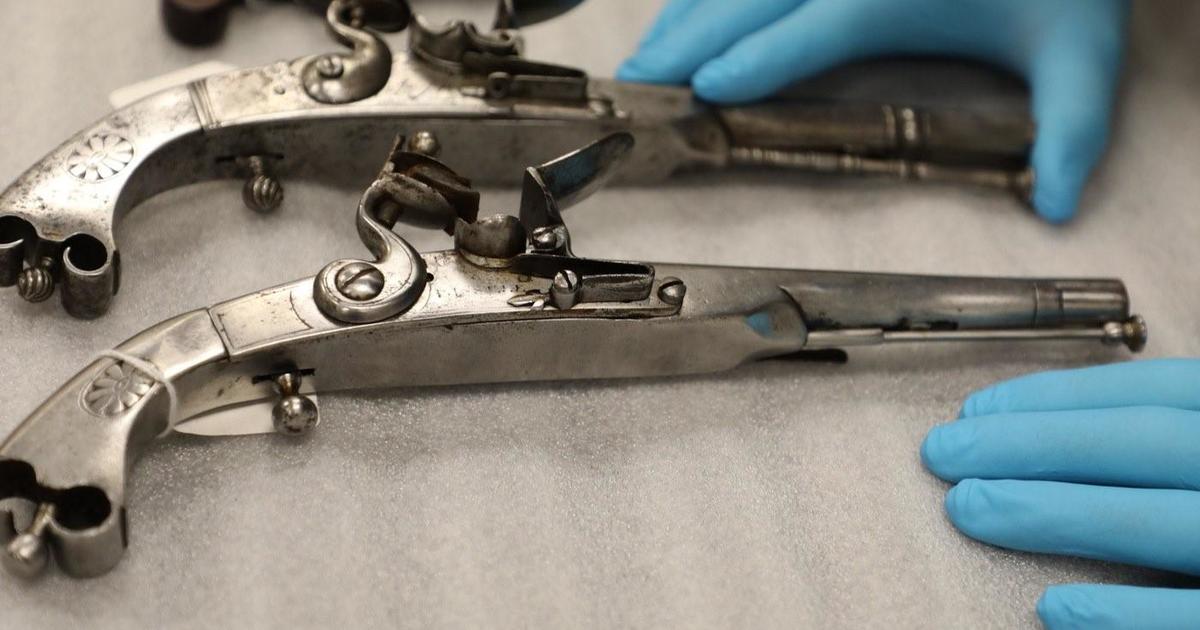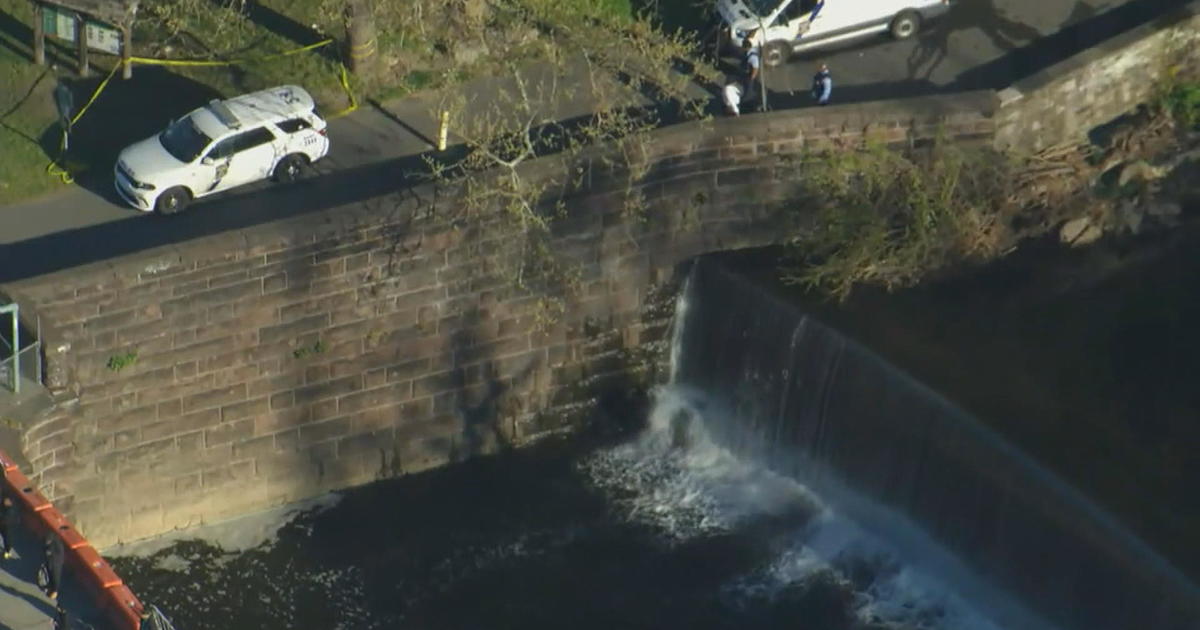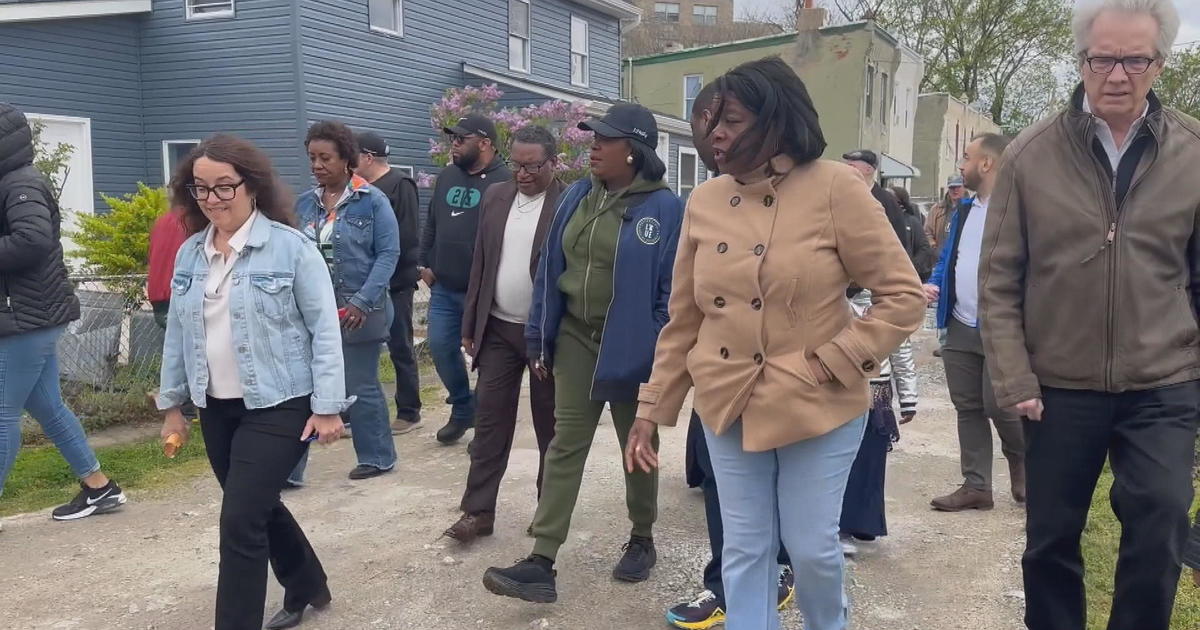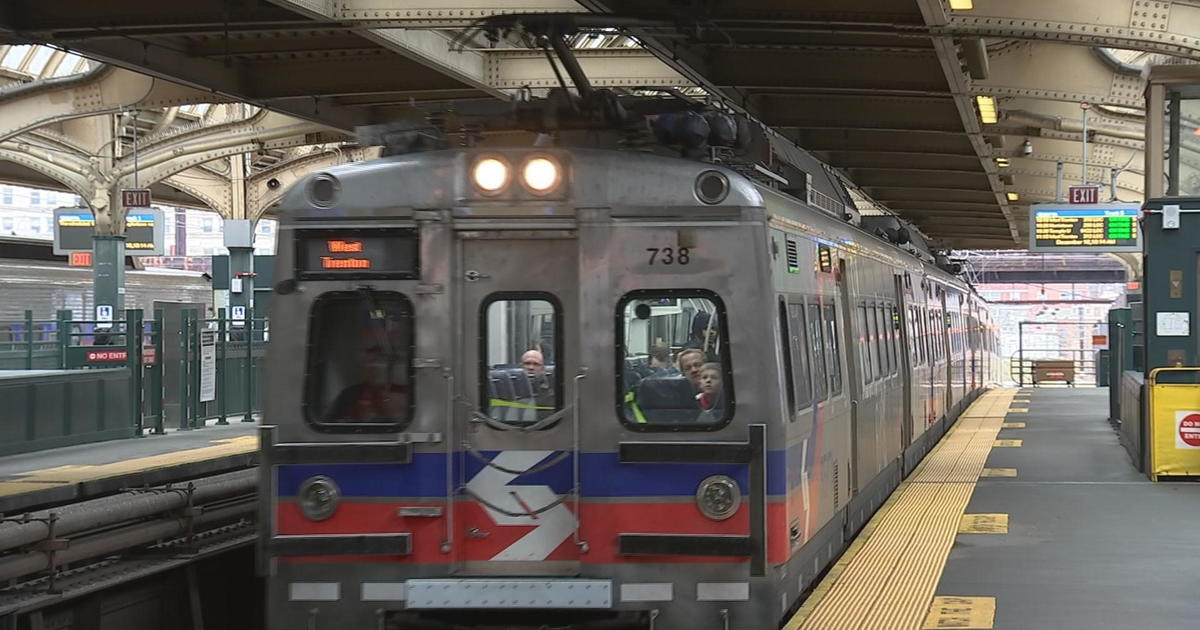How To Go Solar In Philadelphia
Ever wonder how solar power works and if it could help power your home? Basically, panels of photovoltaic cells – known as PV cells – are installed on a homeowner’s property to convert sunlight into electricity. While the panels are low maintenance and have a long life – up to 30 years, according to the Department of Energy – they do need access to the sun to be efficient and won’t work well in heavily shaded areas.
Residents can also install solar hot water heaters which use the sun’s energy to heat water before it is directed to your hot water heater. Using solar power saves homeowners money while helping reduce the amount of air pollutants emitted from conventional heating systems. Solar energy is unlimited and free. This means that with each day that the sun rises, homeowners who have installed solar systems will realize a savings.
If you are thinking of adding solar power to your Philadelphia single- or two-family home, there are several things to consider, according to Energy.gov, including:
- How much sunlight does your home have access to, is it unobstructed and do you have access to most of it year round? If trees shade your home in the spring and summer, for example, it could significantly reduce the amount of power you will be able to generate.
- Do you have sufficient space to install the panels, either on your rooftop or in your yard?
- Will your projected savings over the next few years be sufficient to offset the cost of purchasing and installing the panels?
- Have you researched the permitting requirements for residential solar in your community to make sure you will be granted approval? Many communities require that a homeowner submit plans and studies – at the homeowner's expense – with no upfront guarantee that the plan will be approved.
There are a variety of federal tax, state and city incentives available to Philadelphia residents, including tax breaks, loans and grants and reduced fees. In Philadelphia, according to the US Department of Energy, single-family and twin residential homes are eligible for streamlined permitting and a reduction of fees for installation of photovoltaic systems of no more than 10 kW. On top of the streamlined permitting process and installation fee reductions, permitting fees for electrical and building permits are also lower, as fees are only assessed on labor rather than the standard labor and equipment. Philly homeowners can refer to the city’s Solar Installation Guidebook for details on securing permits for, and installation of, home solar power systems.
In addition to the streamlined permitting and fee reduction, Philadelphia homeowners may be able to take advantage of other programs including Solar Alternative Energy Credits, High Performance Building Incentives that provides state loans and grants for high performance buildings and a utility rebate program for residential solar water heating.
Before installing a solar power system in your home, the City of Philadelphia Mayor’s Office of Sustainability advises to take steps to ensure that the energy efficiency of your home is at its best, adding that following basic budget-friendly measures could lower your energy bill by as much as 50 percent and enable you to get the highest performance from your solar energy system.
You May Also Be Interested In These Stories
Christy Ayala covers sports, recreation, the outdoors, and leisure activities in the Philadelphia area. She earned a masters degree in recreation administration from George Williams College and managed programs in the Midwest, Hawaii, and Pennsylvania. Her work can be found on Examiner.com.



